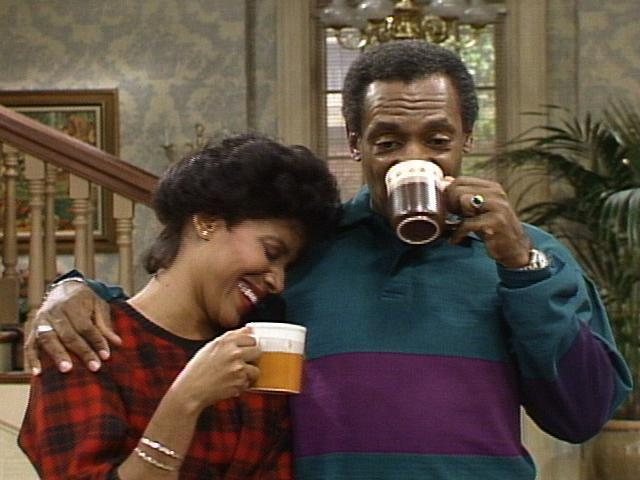
Introduction
When The Cosby Show first graced our screens in 1984, it didn’t just change the way we looked at family sitcoms—it changed the entire television landscape. At the time, primetime TV was dominated by shows about white, middle-class families. The Huxtables were something new and exciting: a smart, loving African-American family that defied stereotypes and brought universal themes to the forefront. More than just a cultural milestone, The Cosby Show left a lasting imprint on the sitcom genre, influencing everything from storytelling to diversity on television.
In this article, we’ll explore how The Cosby Show shaped the sitcom genre and how its influence can still be seen in modern shows today.
1. Paving the Way for Diverse Representation on TV
Before The Cosby Show, it was rare for Black families to be depicted as central characters on primetime television, let alone portrayed in a positive, affluent light. Most African-American characters were relegated to supporting roles or stereotypical depictions, often centered around poverty or social issues. However, The Cosby Show broke these boundaries, offering a fresh, positive portrayal of Black family life.
The show’s success proved that audiences were eager for diverse, multifaceted stories, and it paved the way for future shows like A Different World, Family Matters, The Fresh Prince of Bel-Air, and Living Single. These shows followed The Cosby Show’s lead by portraying Black families and characters in nuanced, empowering ways. The impact of The Cosby Show on the representation of Black Americans on television cannot be overstated, and its legacy continues to be felt in the increasing diversity we see on TV today.
2. Blending Comedy and Drama: The Show’s Unique Format
What truly set The Cosby Show apart from other sitcoms of its time was its ability to blend comedy with drama. Most sitcoms were lighthearted and focused almost entirely on humor, but The Cosby Show created a more balanced mix, often addressing serious issues without losing its comedic edge. The show dealt with topics such as racial identity, academic struggles, and the challenges of growing up, all while keeping the tone relatable and accessible.
This blend of comedy and drama created a lasting template for sitcoms that followed. Shows like This Is Us and Black-ish have adopted similar approaches, tackling both lighthearted and serious issues in ways that reflect the realities of modern family life. The impact of The Cosby Show on these types of shows is clear—it proved that you could entertain and educate in equal measure.
3. The Cosby Show’s Legacy in Breaking Social Taboos
Beyond its portrayal of family life, The Cosby Show also pushed the boundaries on several social issues, exploring topics that had been previously considered taboo for sitcoms. From discussing racial identity and class differences to dealing with issues like educational struggles and mental health, the show didn’t shy away from addressing real-world problems in a thoughtful, accessible way.
In doing so, The Cosby Show helped pave the way for later sitcoms that would tackle similar issues. Black-ish, for example, has used humor to explore race, class, and identity in modern America, while The Middle and The Goldbergs have focused on the challenges of growing up in today’s world. These shows, like The Cosby Show, continue to break taboos and show that serious issues can be addressed in ways that are both entertaining and meaningful.
4. The Huxtables and the Evolution of TV Families
One of the most significant aspects of The Cosby Show was its portrayal of a loving, supportive family that didn’t fit into the typical TV family mold. The Huxtables were successful, well-rounded individuals who had their flaws but were united by their love for one another. This departure from the typical dysfunctional or stereotypical TV family became a touchstone for future portrayals of family life.
The Huxtables set a new standard for family sitcoms, showing that families could be portrayed as both loving and realistic. Modern sitcoms like Parks and Recreation, The Middle, and Modern Family have followed in the footsteps of The Cosby Show, offering more inclusive and diverse representations of family life that include characters from different backgrounds and with unique struggles.
Conclusion
The Cosby Show was not just a sitcom—it was a cultural milestone that changed the way television portrayed African-American families and challenged the norms of sitcom storytelling. Its blend of humor, heart, and realism opened the door for more diverse, complex, and meaningful family stories on television. Today, the influence of The Cosby Show can still be seen in countless modern sitcoms that continue to break boundaries and challenge perceptions of what a family on TV can look like.
